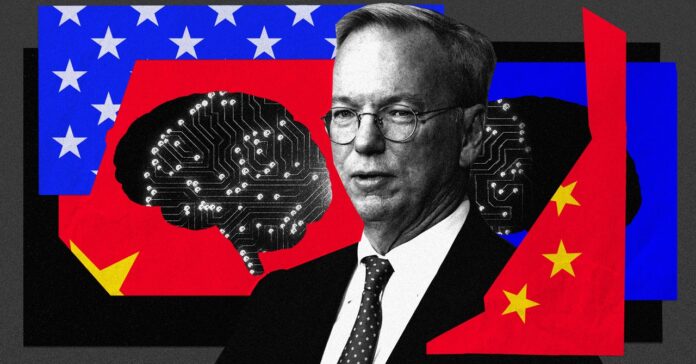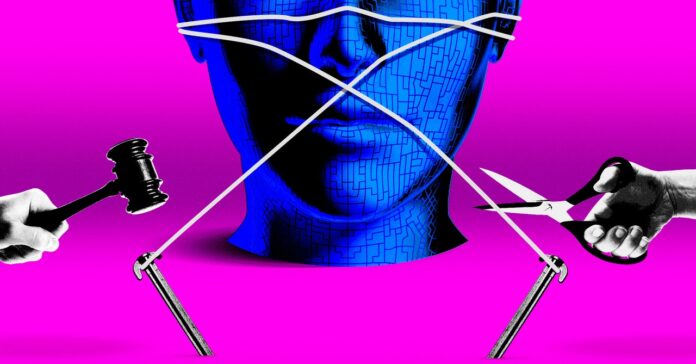In Short:
Mary Daly, CEO of the Federal Reserve Bank of San Francisco, is studying how generative AI tools will impact the labor market. She sees the potential for increased productivity and job satisfaction, but also fears mass unemployment and social upheaval. While AI can replace, augment, or create new opportunities for workers, companies must be guided towards utilizing AI to empower workers rather than replace them.
Expert Predictions on the Impact of Generative AI on Labor Market
Forget artificial intelligence breaking free of human control and taking over the world. A far more pressing concern is how today’s generative AI tools will transform the labor market. Some experts envisage a world of increased productivity and job satisfaction; others, a landscape of mass unemployment and social upheaval.
Insights from CEO Mary Daly
Someone with a bird’s-eye view of the situation is Mary Daly, CEO of the Federal Reserve Bank of San Francisco, part of the national system responsible for setting monetary policy, maintaining a stable financial system, and ensuring maximal employment. Daly, a labor market economist by training, is especially interested in how generative AI might change the labor market picture.
Interview Highlights
You’ve been talking to early adopter companies about their use of generative AI. What are you seeing—or to ask the question on many people’s minds, are workers being replaced?
One person I talked to, her company invested in generative AI and used it to help write descriptions of items that they have for sale. They have hundreds of thousands of items, but not all of them are high-margin or are interesting to write about. And so they can keep adding more copywriting staff, or they could use generative AI to write first drafts on these items. Copywriters become auditors, and they do more interesting work.
How confident are you that generative AI won’t eliminate jobs overall?
Technology has never reduced net employment over time for the country. If you look at technology over multiple centuries, what you see is that the impact lands somewhere in the middle, not necessarily dead-set in the middle, but somewhere in there, and where we end up depends a lot on how we engage with the technology.
When I think of generative AI—or AI writ large—what I see is an opportunity. You can replace people, you can augment people, and you can create new opportunities for people. But you do have winners and losers. I came of age as an economist in the computerization era. That computer surge and the productivity that came with it clearly produced inequalities.
AI in general, but especially generative AI, is an opportunity to assist those middle-skilled people in being more productive. But that’s our choice, and that requires a lot of thinking on our part.
So white-collar workers could, in theory, be superpowered by AI. How can we ensure companies deploy the technology that way?
Before we ever get to compel, I think we could start with educate, and a tight labor market actually helps us. In a market where people with a computer science degree are harder to come by, companies basically get pushed by their own motive to be profitable and productive. They ask, ‘How can I utilize less expensive talent more effectively?’ I do believe companies’ thinking naturally tends toward replacing workers, because it’s easier to think that way, but this isn’t set in stone.
The companies that are developing and selling AI models and tools don’t seem to think that way. They seem exclusively focused on how AI can replace humans.





